Each 12-page saddle-stitched booklet includes
- 6-page Evaluation of Personal Spaces Assessment Form
- 5-page Evaluation of Public Spaces Assessment Form
The ECAT Assessment Forms quickly identify environmental barriers that are preventing your residents from participating in activities of daily living, leisure activities, or social communication in both public spaces and their own personal space.
With simple yes/no questions, these clinician-loved forms let you organize, analyze, and translate assessment results into appropriate recommendations for intervention. Each form has three sections: Activity Performance, Environmental Measures, and Recommendations for Intervention. ECAT Assessment Forms are included in a convenient booklet in the the ECAT Toolkit. Additional booklets may be purchased in packages of 15, or Assessment Forms may be printed from the CD-ROM included in the ECAT Toolkit.

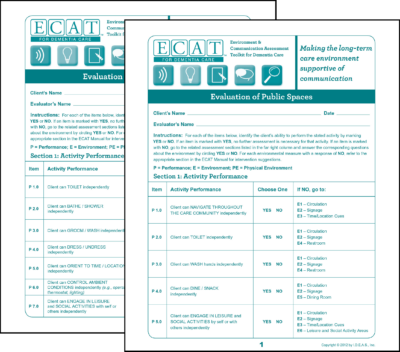
 Jennifer Brush, MA, CCC-SLP, is the Director of Brush Development, USA and the Program Director, Montessori Education for Dementia, St. Nicholas Montessori College, Dun Laoghaire, Ireland. Jennifer serves on the Association Montessori Internationale (AMI) Advisory Board for Montessori for Aging and Dementia, and she is the only AMI Certified Trainer of Trainers for Montessori for Aging and Dementia in the US. Jennifer is the co-author of several nationally recognized books on dementia.
Understanding the particular needs of healthcare organizations and families engaged in dementia care she brings more than 20 years of experience as both a leading researcher and direct-care coach in this complex field. She is a nationally recognized speech-language pathologist known for her work in the areas of memory and environmental interventions for people with dementia. She has served as the principal investigator on applied research grants that examined issues pertaining to HIV/AIDS dementia, hearing impairment, dining, swallowing disorders, and the long-term care environment. Ms. Brush has served as Chair of the Professional Development Committee of the American Speech-Language Hearing Association Gerontology Special Interest Division and on the Editorial Review Board of
Jennifer Brush, MA, CCC-SLP, is the Director of Brush Development, USA and the Program Director, Montessori Education for Dementia, St. Nicholas Montessori College, Dun Laoghaire, Ireland. Jennifer serves on the Association Montessori Internationale (AMI) Advisory Board for Montessori for Aging and Dementia, and she is the only AMI Certified Trainer of Trainers for Montessori for Aging and Dementia in the US. Jennifer is the co-author of several nationally recognized books on dementia.
Understanding the particular needs of healthcare organizations and families engaged in dementia care she brings more than 20 years of experience as both a leading researcher and direct-care coach in this complex field. She is a nationally recognized speech-language pathologist known for her work in the areas of memory and environmental interventions for people with dementia. She has served as the principal investigator on applied research grants that examined issues pertaining to HIV/AIDS dementia, hearing impairment, dining, swallowing disorders, and the long-term care environment. Ms. Brush has served as Chair of the Professional Development Committee of the American Speech-Language Hearing Association Gerontology Special Interest Division and on the Editorial Review Board of 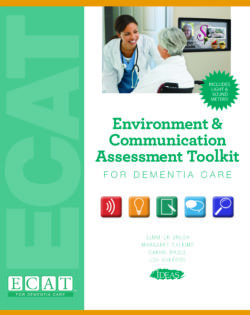
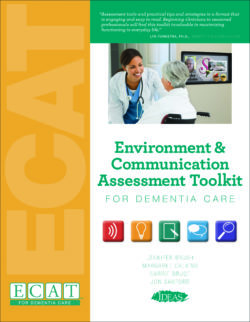
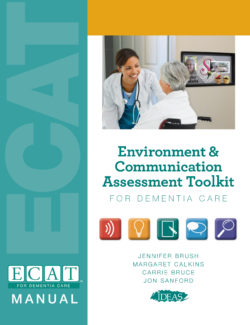
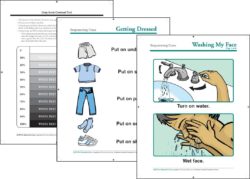
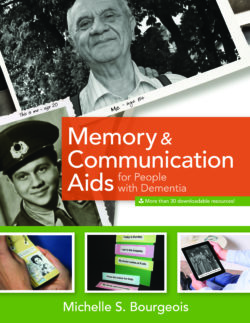
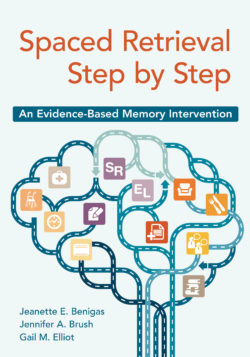
Reviews
There are no reviews yet.